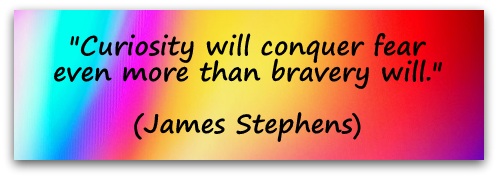Curiosity And Wonder In Coaching
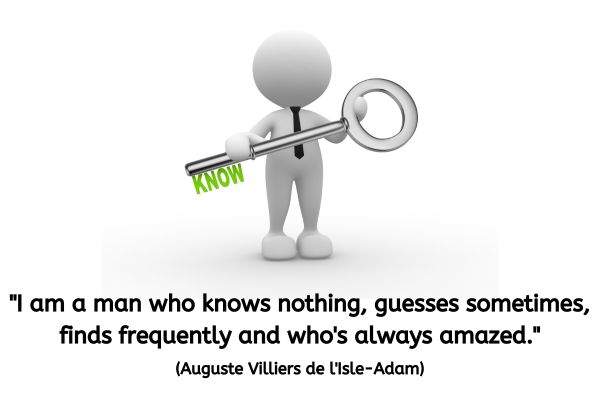
The quote of the day today is:
“I am a man who knows nothing, guesses sometimes, finds frequently and who’s always amazed.”.(Auguste Villiers de l’Isle-Adam)
This quote got me thinking as, for me, it points a lot to elements I recognise in my coaching. As coaches, we often find ourselves in the delicate position of guiding others through their personal and professional growth. This quote can inspire us to embrace humility, curiosity, and a sense of wonder in our coaching practices.
Embracing Humility
“I am a man who knows nothing” speaks to the importance of humility. By humility, I don’t mean thinking of yourself as small or somehow less worthy. I mean just not bringing all your thinking into the mix and just letting your naturally self shine.
In coaching, I think it’s important to recognise that we don’t have all the answers. Our role is not to impose our knowledge, but to facilitate our clients’ own discoveries. By approaching each session with an open mind and a willingness to learn from our clients, we create a space where genuine exploration can occur. For me, I think that this humility allows us to connect more deeply with our clients and fosters an environment of mutual respect and trust.
The Power of Curiosity
“Guesses sometimes” highlights the role of curiosity in the coaching process. Curiosity drives us to ask questions, explore new perspectives, and challenge assumptions. It encourages us to step out of our comfort zones and venture into the unknown. As coaches, cultivating curiosity can lead to powerful breakthroughs for our clients. When we model curiosity, we invite our clients to adopt a similar mindset, encouraging them to look at their challenges and goals from different angles.
Having worked a lot with coaches over the years, I’ve often found myself explaining to a new client that if I’m asking a question in will be because it’s occurred to me to ask – it really won’t be because there’s some secret meaning behind the question. I’ve found that coaches can fall into the trap of trying to analyse the reason behind a question rather than looking at what the question is asking.
I’ve also found that giving clients permission to guess or make up an answer can sometimes be all it takes to get creativity flowing again and for ideas to spring that unstick them from their thinking around a situation. It’s usually when they have put added pressure on an answer that must be perfect and a fully formed solution – often unconsciously dismissing any idea that isn’t 100% correct immediately. It’s like expecting an author to produce a best-selling book immediately they sit down without a process of a series of drafts and edits later – it may happen, but why make the process more difficult than it needs to be?
Frequent Discoveries
“Finds frequently” reminds us of the frequent discoveries that happen throughout the coaching journey. These moments of insight can range from small realizations to significant shifts in understanding. Celebrating these discoveries, no matter how minor they may seem, is crucial.
I’ve been guilty in the past of not crediting the impact from a gentle almost unobserved fresh perspective, instead looking for the really obvious earth-shattering new insight – the sort that feels like your whole world perspective has just been shaken to its core.
Acknowledging progress helps to build momentum and reinforces the value of the coaching process. Encouraging clients to recognise and celebrate their own discoveries fosters a sense of achievement and motivates them to continue their growth.
A Sense of Wonder
“Who’s always amazed” speaks to maintaining a sense of wonder and amazement. The coaching journey is full of surprises, both for the coach and the client. Approaching each session with an attitude of wonder keeps the process fresh and engaging. I’ve found that there is something special that can happen when a client is free and willing to wonder, it can create a space for a fresh perspective, insight and creativity to emerge.
In conclusion, the quote by Auguste Villiers de l’Isle-Adam is a powerful reminder of the qualities that can enhance our coaching practice: humility, curiosity, frequent discovery, and a sense of wonder. By embracing these qualities, we can create a more enriching and impactful experience for our clients and ourselves. These are just the qualities pointed to with this quote, what other aspects would you add, specifically in relation to your coaching?
About Jen Waller

Jen Waller is a transformative coach dedicated to empowering individuals to get out of their own way and make a meaningful impact in the world. With an impactful, nurturing coaching style, Jen supports clients in unlocking their potential and achieving their goals. As an experienced coach and trainer, she guides clients from self-doubt to success.
Discover how Jen can help you transform your journey here.


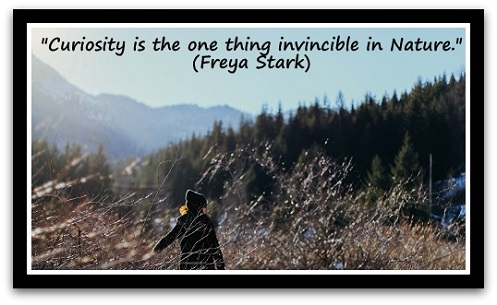
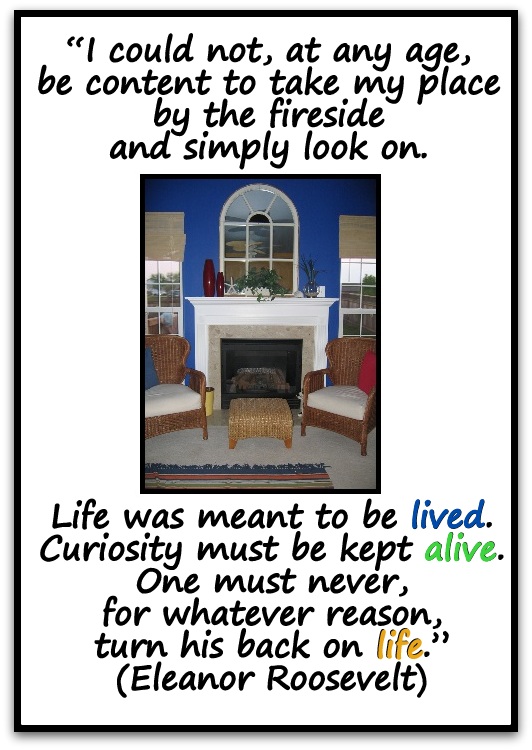
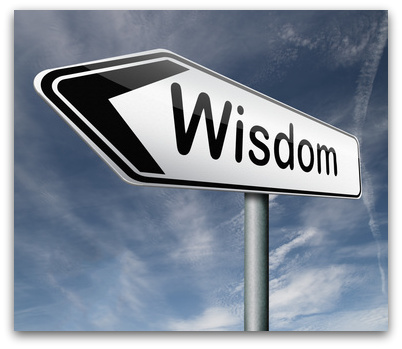
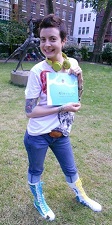 Kaitlyn Hatch is a Creative Polymath, which is a quick way of saying she writes, paints, draws, sculpts, makes costumes, and has been known to dance in public.
Kaitlyn Hatch is a Creative Polymath, which is a quick way of saying she writes, paints, draws, sculpts, makes costumes, and has been known to dance in public.